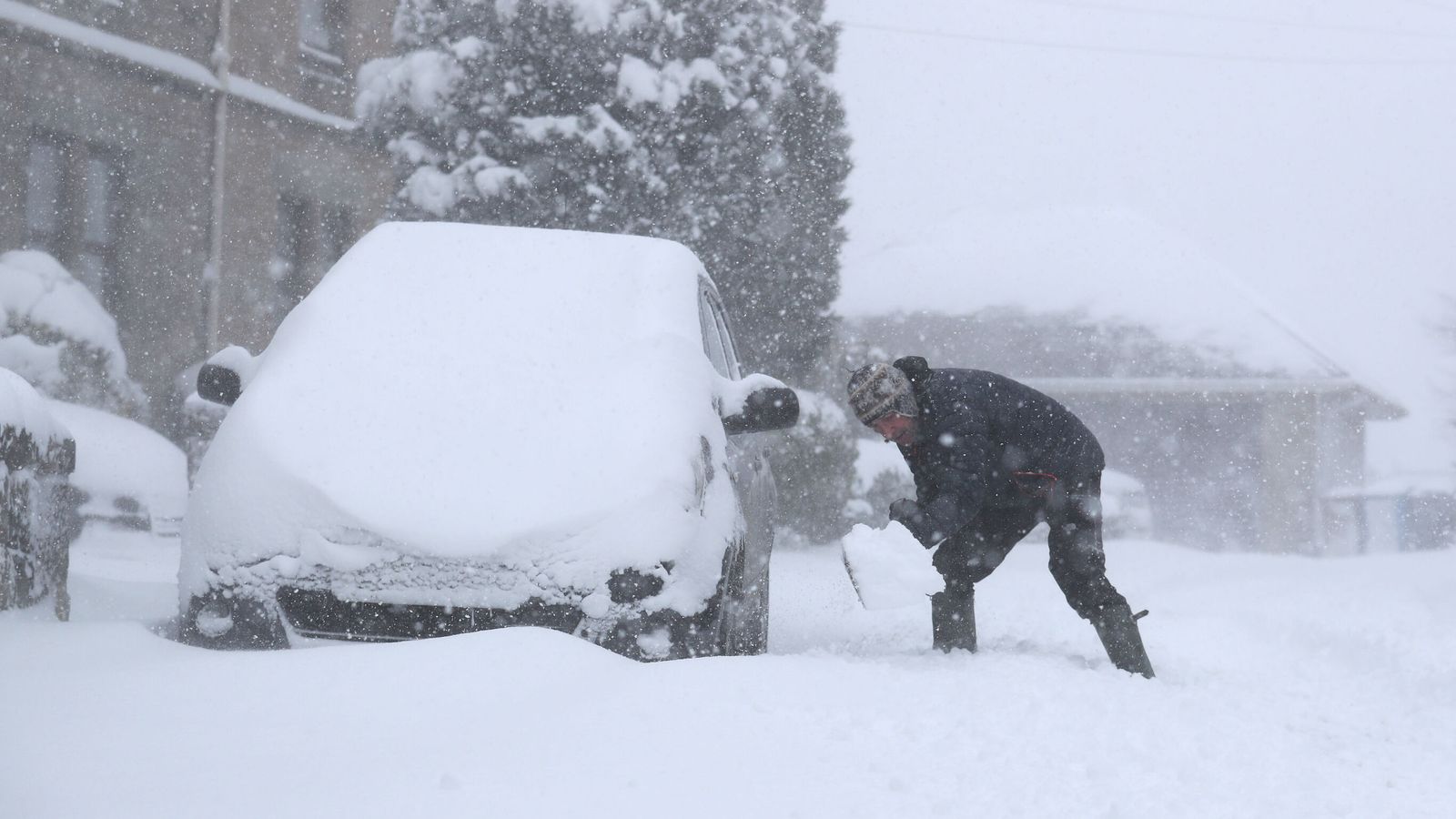Pershang Peighami arrived in England in an inflatable boat after a perilous journey from the Kurdish region of Iran.
The native of a city called Shno, the 25-year-old was a women’s rights activist and campaigner for a local political party when she decided to flee 18 months ago.
She thinks it was the most sensible decision she has ever taken.
“I had no option. Had I stayed, I would have been killed,” she said when we met her from a bustling cafe in the north-east of England.
The country’s clerical rulers have spent the past five months trying to suppress a nationwide rebellion, triggered by the death of a women called Mahsa Amini.
The 22-year-old, who was Kurdish, died in suspicious circumstances in a police station in Tehran after her detention by Iran’s religious morality police for wearing her hijab incorrectly.
According to human rights groups, at least 470 demonstrators have been killed in the protests that followed Ms Amini’s death, with more than 18,000 arrested across the country.
And the authorities are using increasingly harsh techniques to supress the unrest. Four protesters have been executed in recent weeks on charges which include “moharebeh” or “waging war against God”.
Ms Peighami has felt the effects in northern England as this uncivil conflict envelopes her family in Iran.
“They were always smiling, always laughing and joking,” she said as she showed me pictures of her nephews. “They lived their lives with great spirit.”
Read more:
Iran protests: Large demonstrations kick off as anger grows over executions
Iran executes two more men over alleged violence at anti-government protests
Iran arrests seven people with links to the UK after anti-government protests
Farzad Tahazadeh, 23, and Farhad Tahazadeh, 24, have both been charged with “waging war against God”, and now face death by hanging.
The pair were not particularly political, she says, but they were deeply frustrated by the country’s economic situation. They took to the streets as large anti-government protests swept through Shno in late September.
A few days later, the regime came looking for them.
“Farzad was taken from his home at five in the morning. He was asleep when they took him. They jumped on the roof and entered the house in front of his wife and child. His wife was pregnant.”
“And Farhad?” I asked.
“When his brother has been arrested, [Farhad] hid. He escaped from Shno but he was arrested 20 or 25 days after Farzad.”
The family sent us a video of their mother, Shahla, when she was told that her sons had been charged with offences punishable by death.
She cried uncontrollably with Farzad’s son on her knee.
“Why can’t you hear me God? I am burning inside.”
Oslo-based group Iran Human Rights (IHR) says at least 109 protesters have been sentenced to death – or face charges that can carry capital punishment. Family members must cope with the uncertainty that now surrounds their loved ones.
“I think that family members are melting away because they see how children are sitting in prison cells waiting to be executed. It is the most terrible feeling.”
Ms Peighami admits she is missing her family as she awaits a decision on her claim for asylum in UK. Joining her in a one-room bedsit is her two-month-old son called Ramko.
But she says she cannot go back to Iran.
“Did you make the right decision coming to the UK?” I asked.
“I had no option. Had I stayed, I would have been killed.”








